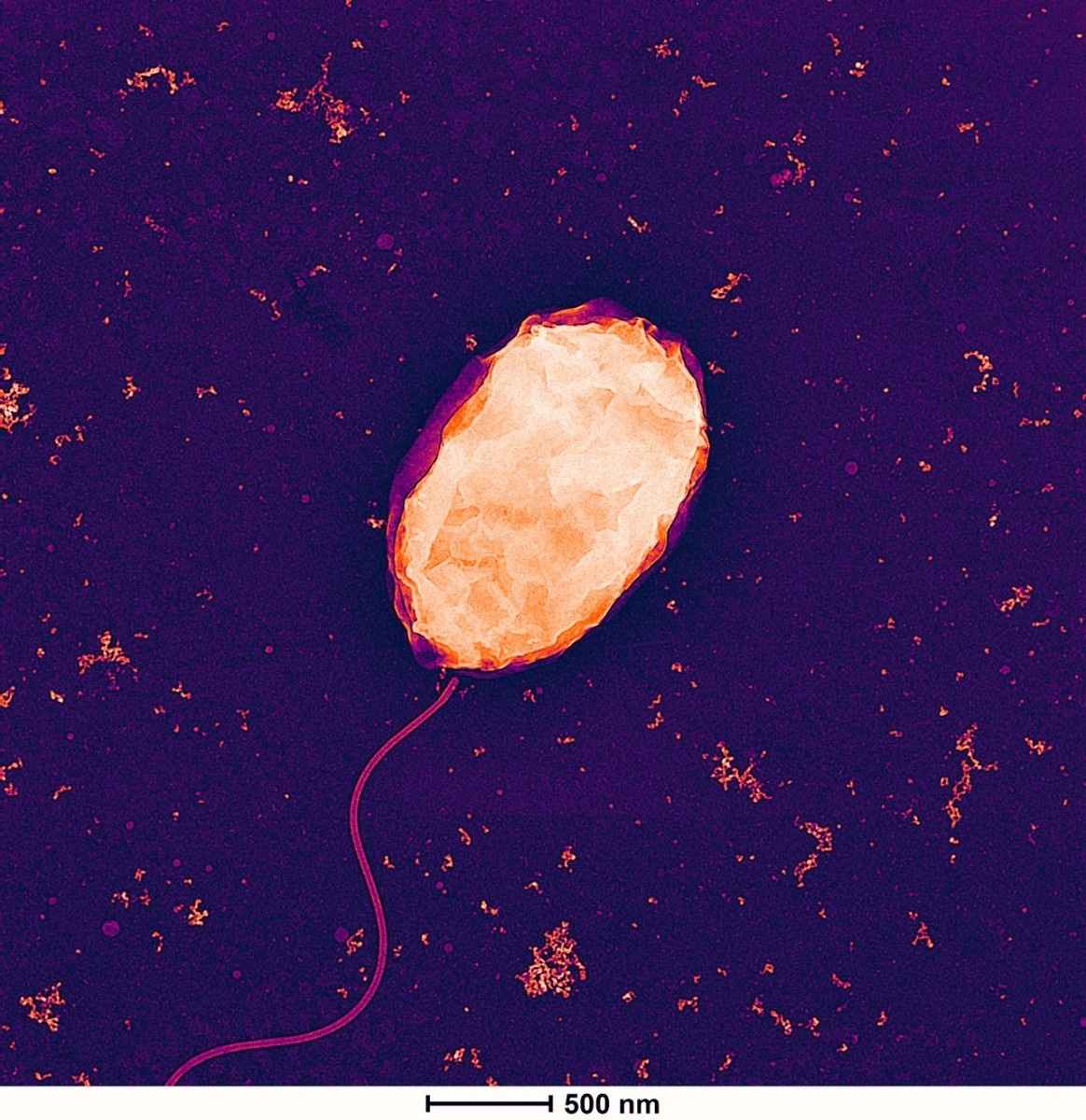A minuscule and industrious bacterium, weighing just one-trillionth of a gram, is poised to significantly impact the eco-friendly processing of rare earth elements.
 Researchers have genetically engineered the bacterium Vibrio natriegens to help process rare-earth elements. Image Credit: Bryce Brownfield/Provided.
Researchers have genetically engineered the bacterium Vibrio natriegens to help process rare-earth elements. Image Credit: Bryce Brownfield/Provided.
In a recent investigation, researchers from Cornell University revealed that genetically modifying this bacterium has the potential to enhance the efficiency of purifying elements present in smartphones, computers, electric cars, and wind turbines.
This breakthrough could not only contribute to environmental sustainability but also play a role in strengthening global economic supply chains.
The Cornell study was published in the journal Synthetic Biology, an American Chemical Society journal on December 6th, 2023.
Traditional thermochemical methods for separating lanthanides are environmentally horrible. It’s difficult to refine these elements. That’s why we send rare earth elements offshore – generally to China – to process them.”
Buz Barstow, Study Corresponding Author and Assistant Professor, Biological and Environmental Engineering, College of Agriculture and Life Sciences, Cornell University
The research was spearheaded by doctoral students Sean Medin and Anastacia Dressel ’24, focusing on the genetic engineering of a strain of Vibrio natriegens to enhance its capability to biosorb or extract, rare earth elements.
The team modified the genome of Vibrio natriegens using a plasmid named MP6, introducing errors into the genome and subsequently screened the mutants to identify those with heightened biosorption of rare earth elements.
Given the ease of finding significant biosorption mutants, these results highlight just how many genes likely contribute to biosorption as well as the power of random mutagenesis in identifying genes of interest and optimizing a biological system for a task.”
Buz Barstow, Study Corresponding Author and Assistant Professor, Biological and Environmental Engineering, College of Agriculture and Life Sciences, Cornell University
Critical to contemporary society, rare earth elements are integral components of computers, batteries, and clean energy technologies. In early 2021, the White House initiated an assessment that revealed an excessive dependence on foreign sources and adversarial nations for processing these elements, posing a threat to national and economic security.
Vibrio natriegens, along with an expanding array of bacterial tools, present a secure avenue to repatriate the processing of rare earth elements and minerals to the United States.
As an illustration, at the Mountain Pass rare earth element mine in California, located near the Nevada border, biological processing could revive this mine, leading to robust domestic productivity, as explained by Barstow.
This new work gives us a shot to leapfrog thermochemical methods. We can engineer this and other bacterium and because we don’t need to purify proteins, we can operate this kind of system much more cheaply than competing biological processes.”
Buz Barstow, Study Corresponding Author and Assistant Professor, Biological and Environmental Engineering, College of Agriculture and Life Sciences, Cornell University
According to Barstow, the United States no longer possesses proficiency in thermochemical processing methods.
Barstow stated, “For purifying rare earth elements, we’re now left with competing green methods. So even if we wanted to old thermochemical methods, we probably couldn't. We no longer know how to do it.”
Barstow added, “We are being forced to innovate our way out of this problem.”
Source:
Journal reference:
Medin, S., et al. (2023) Multiple Rounds of In Vivo Random Mutagenesis and Selection in Vibrio natriegens Result in Substantial Increases in REE Binding Capacity. ACS Synthetic Biology. doi.org/10.1021/acssynbio.3c00484.